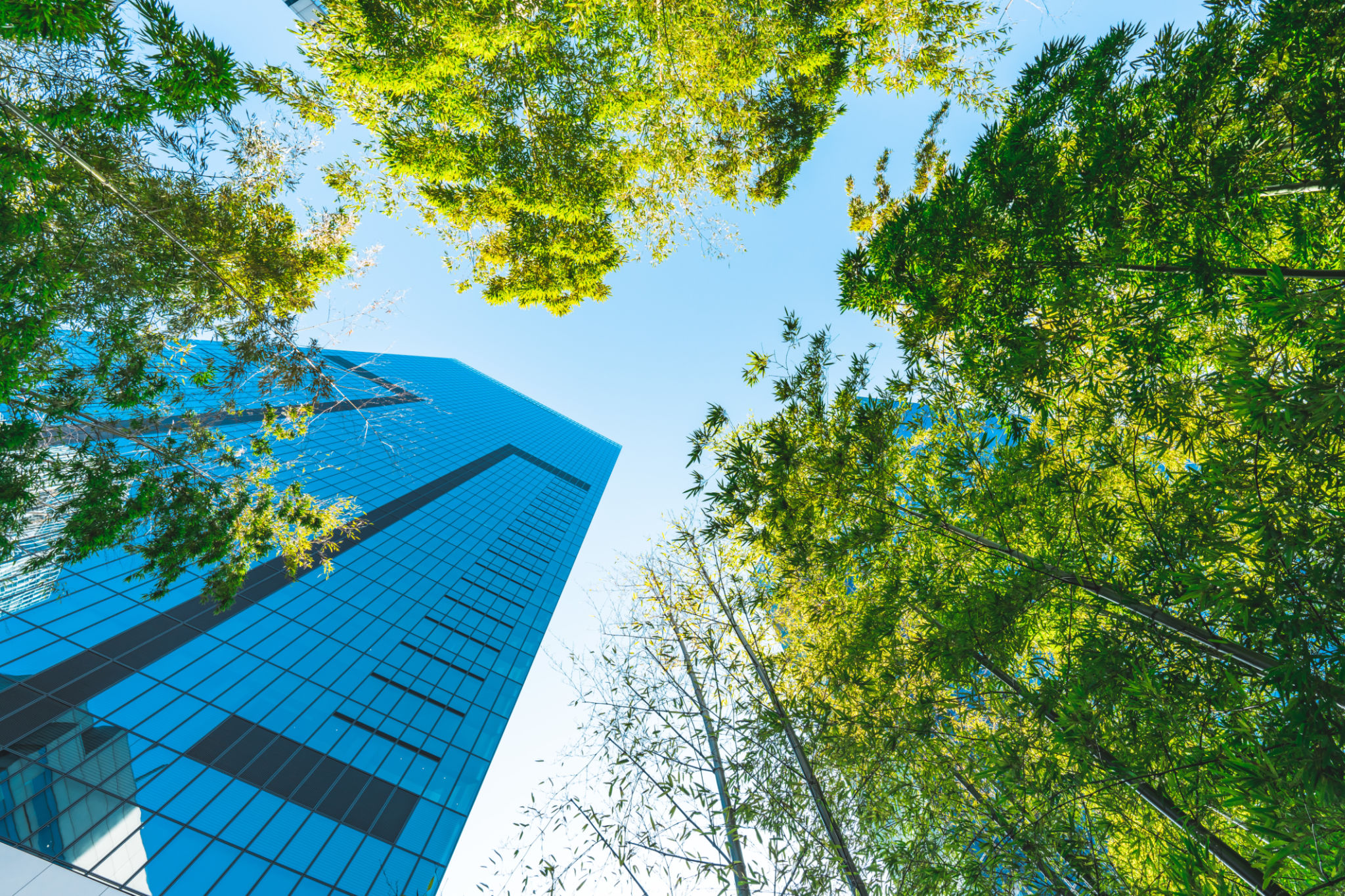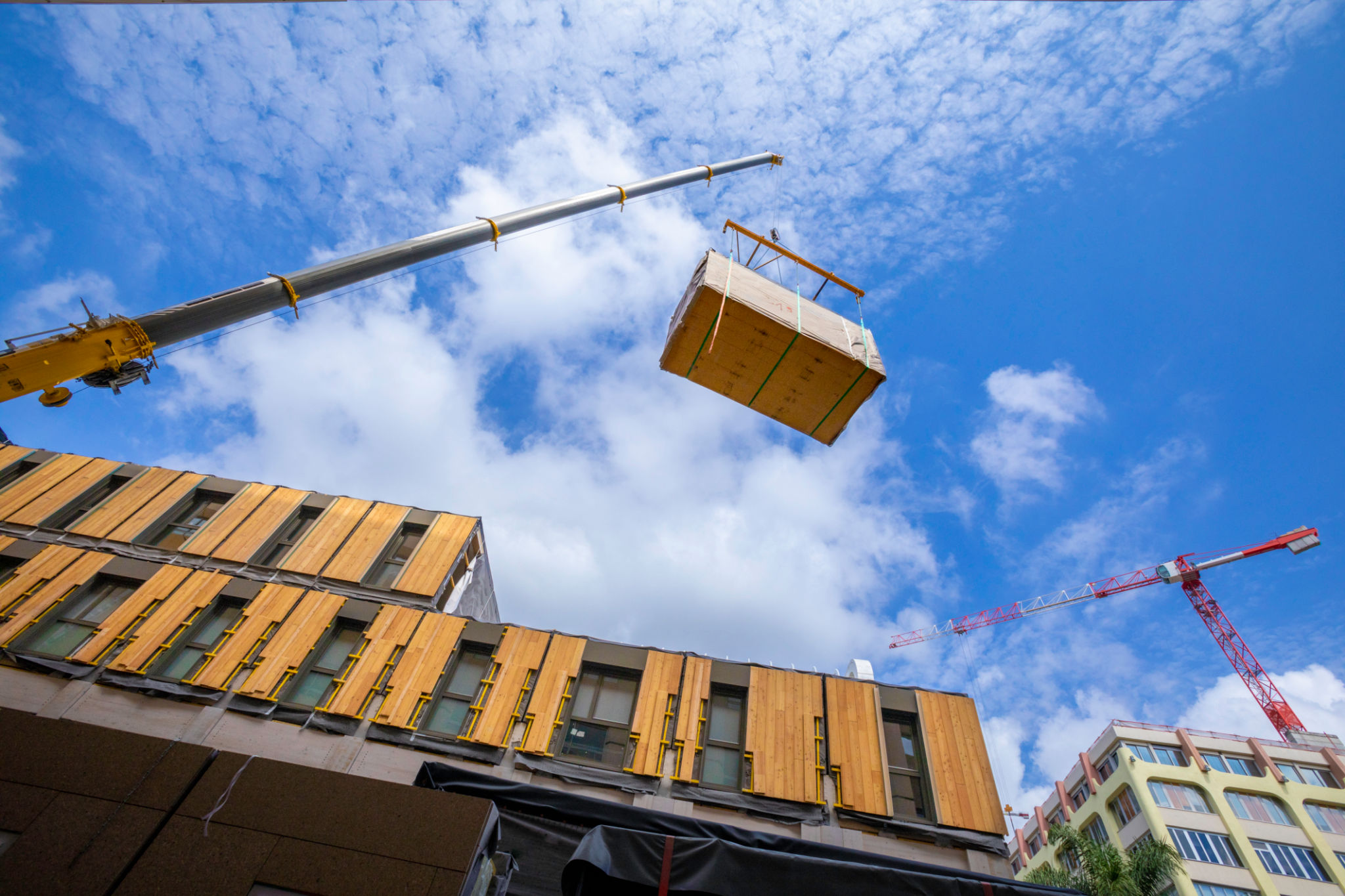The Ultimate Guide to Sustainable Building Practices in NC
Understanding Sustainable Building
Sustainable building practices have become a pivotal part of the construction industry, particularly in North Carolina. These practices focus on reducing the environmental impact of buildings while enhancing their economic and social benefits. By integrating eco-friendly materials and energy-efficient technologies, sustainable buildings aim to minimize resource consumption and waste production.
In North Carolina, sustainable building is not just a trend but a necessity due to the state's diverse climate and natural resources. The goal is to create structures that are adaptable to their environment and reduce reliance on non-renewable resources.

Key Principles of Sustainable Building
Sustainable building encompasses several key principles that guide the design and construction process. These principles include:
- Energy Efficiency: Utilizing renewable energy sources like solar or wind power to reduce reliance on fossil fuels.
- Water Conservation: Implementing systems such as rainwater harvesting and low-flow fixtures to reduce water usage.
- Material Selection: Choosing sustainable materials that are locally sourced and have a low environmental impact.
Incorporating these principles ensures that buildings are not only environmentally friendly but also cost-effective in the long run.
Energy Efficiency
Energy efficiency is a cornerstone of sustainable building practices. In North Carolina, many builders are incorporating technologies such as advanced insulation, high-performance windows, and energy-efficient HVAC systems to enhance energy performance. These elements help reduce energy consumption and lower utility bills, contributing to a building's overall sustainability.

Water Conservation Techniques
Water conservation is another critical aspect of sustainable building. Techniques such as installing low-flow plumbing fixtures, utilizing drought-resistant landscaping, and employing greywater recycling systems are increasingly popular in North Carolina. These methods help preserve the state's water resources and reduce the environmental impact of new constructions.
By prioritizing water efficiency, builders can significantly decrease the water footprint of a building while promoting responsible water use.
The Role of Green Materials
The selection of building materials plays a significant role in sustainability. In North Carolina, builders are turning to materials like bamboo, reclaimed wood, and recycled metal to minimize environmental impact. These materials are not only sustainable but also offer aesthetic and structural benefits.

Using locally sourced materials can further enhance sustainability by reducing transportation emissions and supporting local economies. The emphasis on green materials aligns with the state's commitment to preserving its natural habitats and resources.
Certification and Standards
Obtaining certification from recognized organizations is an essential step in validating the sustainability of a building. In North Carolina, programs like LEED (Leadership in Energy and Environmental Design) provide guidelines and standards for sustainable construction. These certifications assure that a building meets high environmental and performance standards.
Pursuing certification can offer numerous benefits, including increased property value, improved occupant health, and enhanced public image.
The Future of Sustainable Building in NC
The future of sustainable building in North Carolina looks promising as more builders and developers embrace eco-friendly practices. With ongoing advancements in technology and increased awareness of environmental issues, sustainable building is set to become the norm rather than the exception.
Continued investment in education and innovation will be crucial for driving progress in this field. By fostering collaboration between government bodies, industry professionals, and communities, North Carolina can lead the way in sustainable building practices.

As we move forward, the integration of smart technologies and adaptive design will likely play an even greater role in shaping the built environment. The commitment to sustainability promises a healthier, more resilient future for all North Carolinians.
